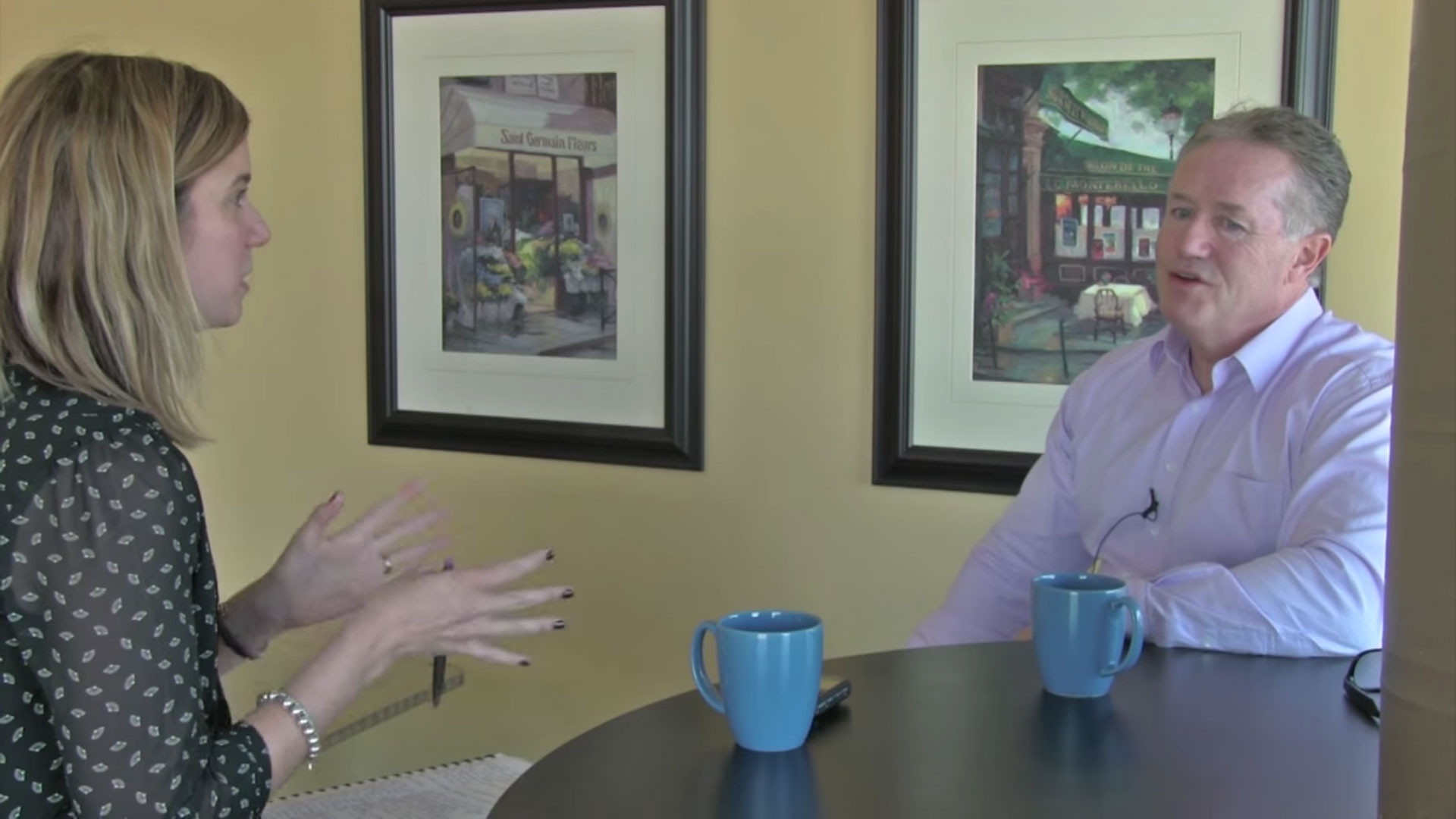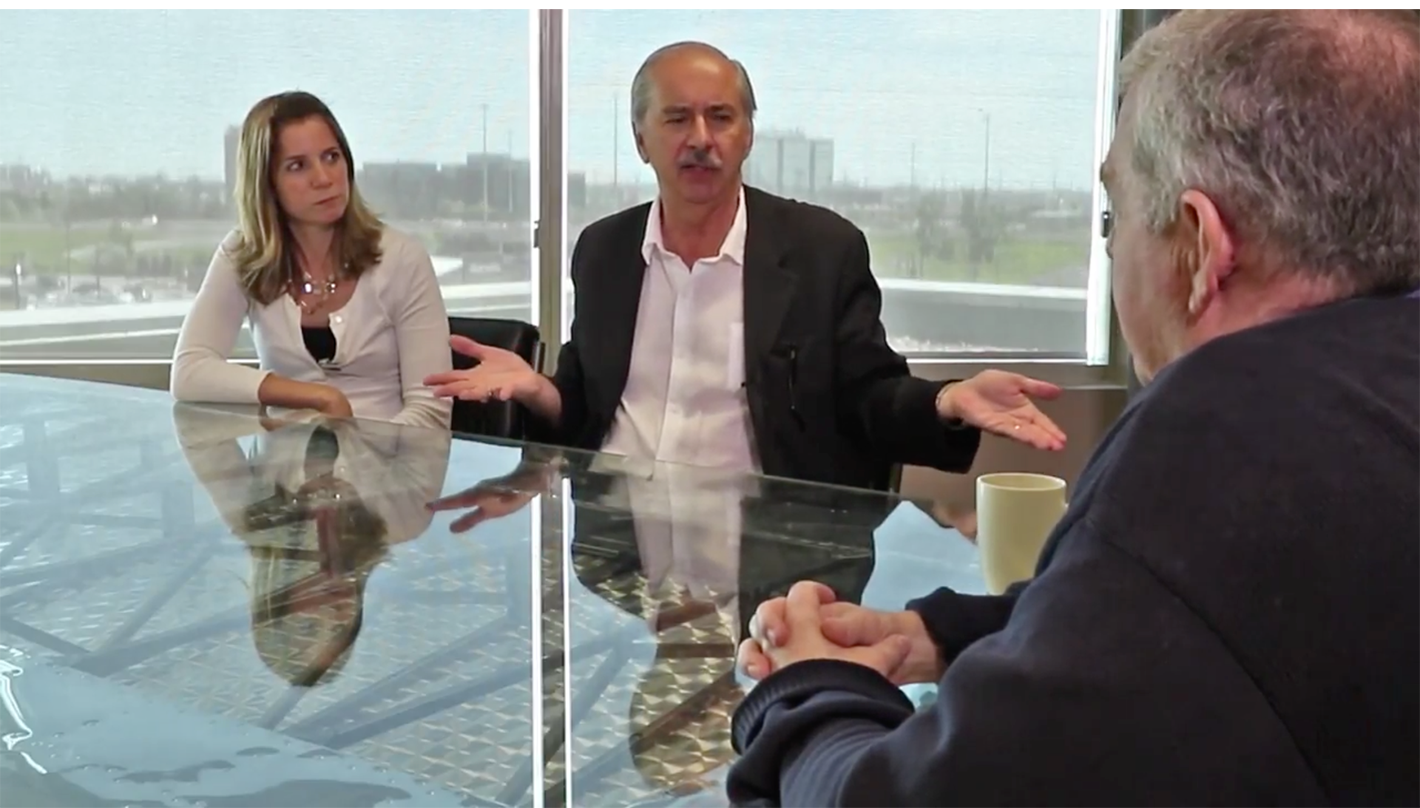Buying stock in a company is very straightforward. At its most basic, the retail investor goes online to her web brokerage account, punches in a stock symbol, buys or sells the stock and everything is wrapped up by the end of the day. Not so in the bond market. John O’Connor, senior wealth advisor at The O’Connor Group, and a long-time participant in the bond market, talked to Financial Pipeline co-editor Romina Maurino about the intricacies involved in buying and selling bonds.
RM: How would somebody go about buying or selling bonds?
BM: The typical way that somebody would enter into the agreement to buy or sell a bond would be dealing with a retail advisor, a financial or wealth advisor like myself, and make a request in order to purchase, or buy or sell, a particular bond. This bond is usually held in inventory by the traders or the dealers themselves. It can be executed and after two days it would appear in their account (if they were to buy it). If they were to sell it, it would be the same type of process.
However, the actual price determination is not available immediately to the average investor as far saying: “Where is this bond trading at? How much can I sell it for? How much can I buy it for?” This will be determined by what the trader is willing to buy or sell the bond in a closed market environment, which we call the secondary bond market. There is good liquidity that is supplied by the individual dealers, but this liquidity has been sometimes challenged recently because the lack of interest in dealers to take on large inventory positions to facilitate the needs of the retail investors, the average investor. So, sometimes if a bond is requested by an investor, the person dealing with the investor like myself will put in the request for the order to buy the bond, but the bond might not be sitting in inventory, the trader will go out and find that bond in the market place and then they will have to negotiate a price for it, taking his commission. Then, that is passed on to the retail advisor, myself, then there’s another commission taken. And then the retail investor, the average investor will end up with a bond that is more expensive than if he or she were an institutional investor who directly deals with the bond market.






